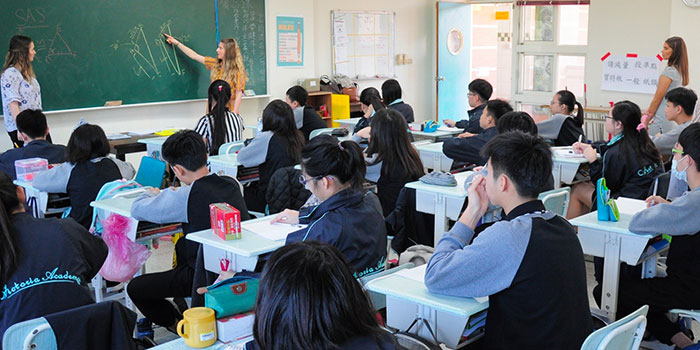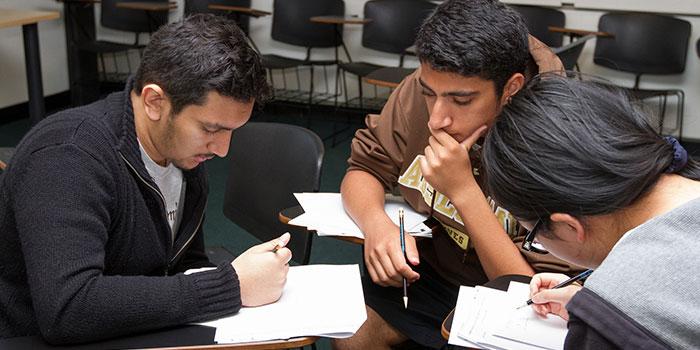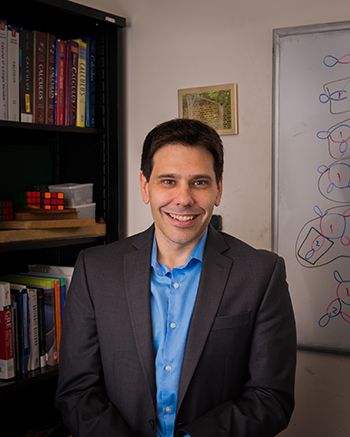Mathematics
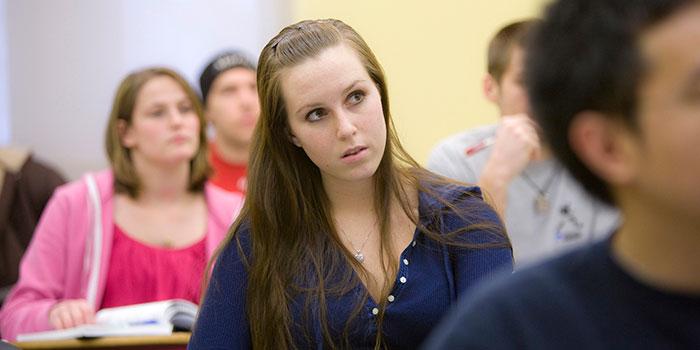
The Mathematics Program Offers Weekly Seminars
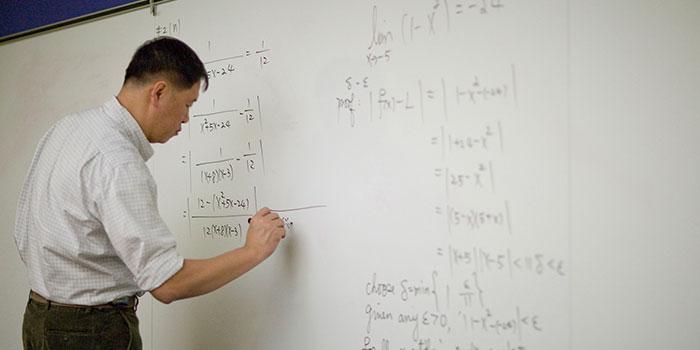
Opportunity for One-On-One Assistance
Stockton's mathematics (MATH) program offers B.A. and B.S. degrees with several concentrations. Students are encouraged to take both pure and applied mathematics courses.
The program offers weekly seminars with presenters from other colleges, industries, alumni, as well as presenters from the Stockton community, including students. Faculty offer independent study projects for students who want to focus on a particular area or specialty.
About the Program
The Mathematics (MATH) program is designed to meet the needs of those students who wish to acquire certain mathematical techniques for use in the physical, life, management, and social sciences, as well as those whose primary interests lie in mathematics itself. Mathematics is an appropriate degree program for students preparing themselves for careers in actuarial science, statistical analysis, operations research, computer science, engineering, or secondary education and for those who wish to pursue graduate study in mathematics or certain mathematics-related areas (e.g., computer science, computational science, statistics, or economics).
Program Features
- Small class sizes
- All courses beyond the introductory level are taught by full-time program faculty holding doctoral degrees from highly respected institutions
- Many opportunities for one-on-one assistance from faculty
- Math majors have program faculty as academic advisors
- Graduates pursue advanced study, K-12 teaching, actuarial science, employment in the private sector, and employment in state and federal government
- Broad training in theoretical and applied mathematics is provided, together with ample opportunities to specialize.
Additional Information
Mathematics Program Highlights
Alumni Success
Math Meets Mother Nature
Learn more about the math cohort in the Fall 2023 The Essential Elements article Discovering Lake Fred: A Journey Through Advanced Calculus. And don't miss other student and alumni stories in the current e-zine edition!
Stockton provided thoughtful and informed instruction through well-designed lectures and assignments, and also contributed extra help by the way of one-on-one mentoring and advising. Almost everything I know about higher mathematics can be attributed, directly or indirectly, to the community of math professors at Stockton.Read Jonathan's Whole Story
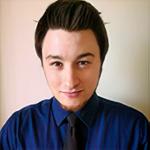
B.A. Mathematics/Education
As an undergraduate math major, I had the best educational experience possible. I was afforded the opportunity to engage in undergraduate research in algebraic topology and graph theory, beginning in my sophomore year. It was an amazing learning experience that opened up many opportunities for me in subsequent years.Read Kara's Whole Story
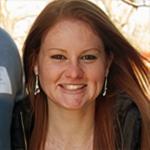
B.A. Mathematics, B.A. Education
The excellent faculty members prepared me well for the real world and I felt ready to handle any obstacle life threw at me.Read Kendrick's Whole Story
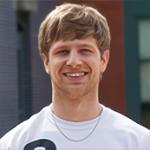
B.S. Mathematics
I transferred to Stockton during the second half of my freshman year, and I am so happy that I did. The professors at Stockton are absolutely incredible, and they truly care about their students, going above and beyond to support them and provide unique opportunities for them.
Read Jalynn's Whole Story
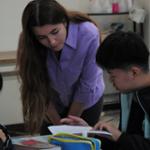
B.A. Mathematics/Education with minor in Childhood Studies
Stockton gave me a lot of really great opportunities to explore what I was passionate about and interested in. All of the math professors are extremely helpful and you can feel that they genuinely want to see you succeed. Specifically Professor Shen was helpful in teaching the probability classes and mathematics of finance class and doing extra work to make sure we had a good foundation for the first 2 actuary exams. During my time at Stockton I passed Exam P and Exam FM. Overall Stockton gave me the tools and opportunities for a successful career.

B.S. Mathematics
Curriculum
The Mathematics program is open to any student with an active interest in mathematics. Students who have a good working knowledge of two years of high school algebra, one year of high school geometry, and trigonometry should begin with MATH 2215 Calculus I. Students who were proficient in high school calculus may wish to seek advanced standing. Students who need to review algebra and trigonometry should enroll first in MATH 1100 Pre-calculus Mathematics before beginning the calculus sequence. High school students considering a major in mathematics at Stockton are strongly urged to take four years of college-preparatory mathematics (through trigonometry), at least three years of college preparatory science (including physics and chemistry), and four years of college-preparatory English courses that emphasize writing. Students who lack adequate backgrounds in high school mathematics, science, or English may not be sufficiently prepared to attempt the rigorous freshman- and sophomore-level core courses in mathematics.
Community college graduates who have not completed a one-year sequence in single-variable calculus should expect to spend more than two years at Stockton to obtain a degree in mathematics. Transfer students who wish to major in mathematics should contact the coordinator of the Mathematics program before the beginning of their first term at Stockton.
Prospective freshman or transfer students can use the Curriculum & Transfer Equivalency tool below. In addition, the program degree map provides valuable degree information and is a guide to assist in planning academic coursework, but should not substitute academic advisement.
Degree Offerings
Bachelor of Arts or Sciences in Mathematics
Bachelor of Science in Mathematicswith an Actuarial Concentration
Bachelor of Arts in Mathematics with an Education Concentration
Mathematics Minor
MinorBachelor of Science Dual-Degree in Mathematics & Engineering
The program begins with three years at Stockton and concludes with two years at NJIT, Rowan, or Rutgers, your choice! Students receive a BS in Mathematics from Stockton and a BS in Engineering from the partnered university at the end of the program, generally in the 5th year.
Degree Works Curriculum & Transfer Equivalency Tool
You can see the curriculum for your area of interest using Degree Works. This service is accessible even if you are not currently a student with Stockton University.
Instructions on How to Use Curriculum Tool
Faculty
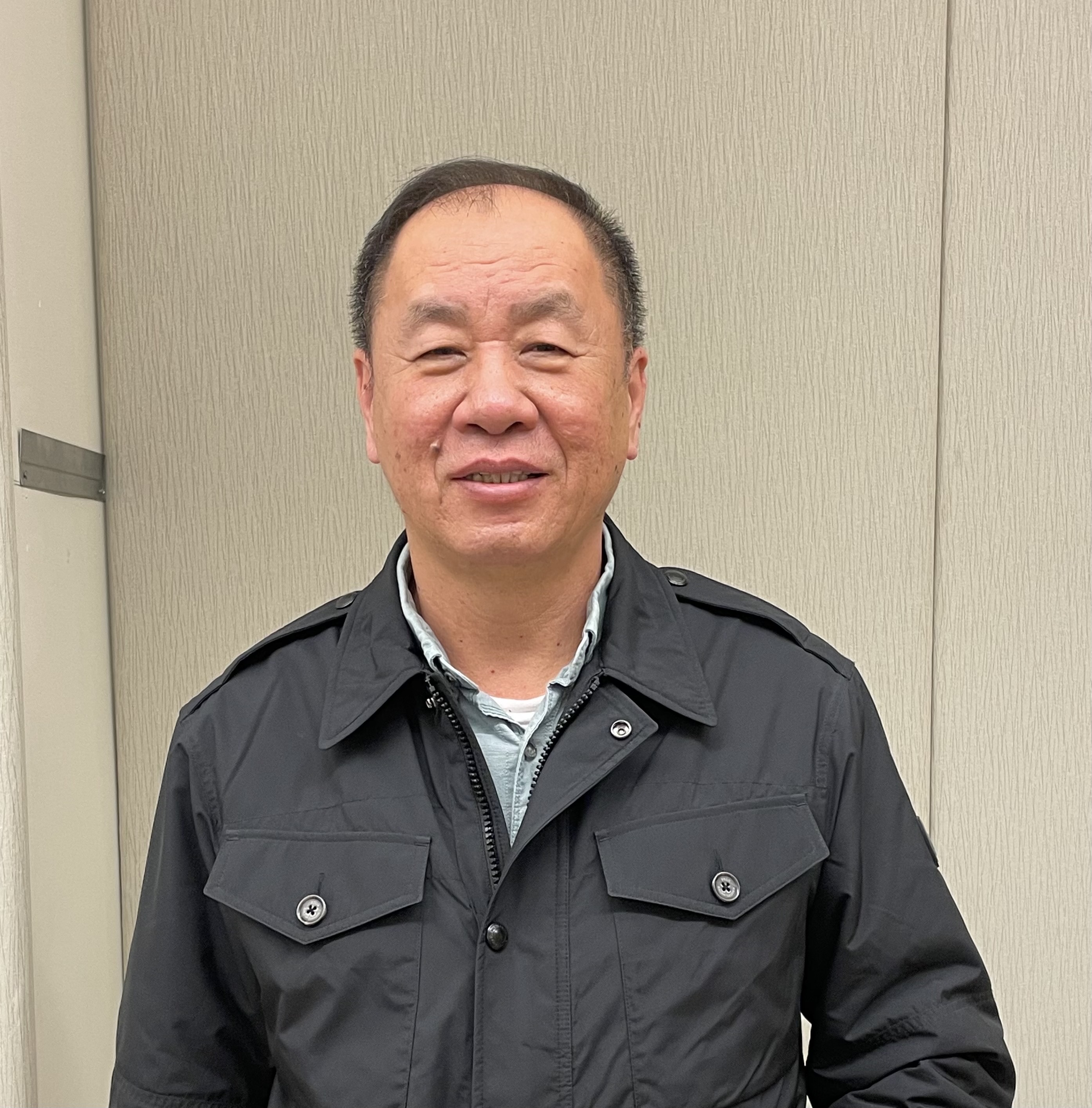


Renganathan G. Iyer
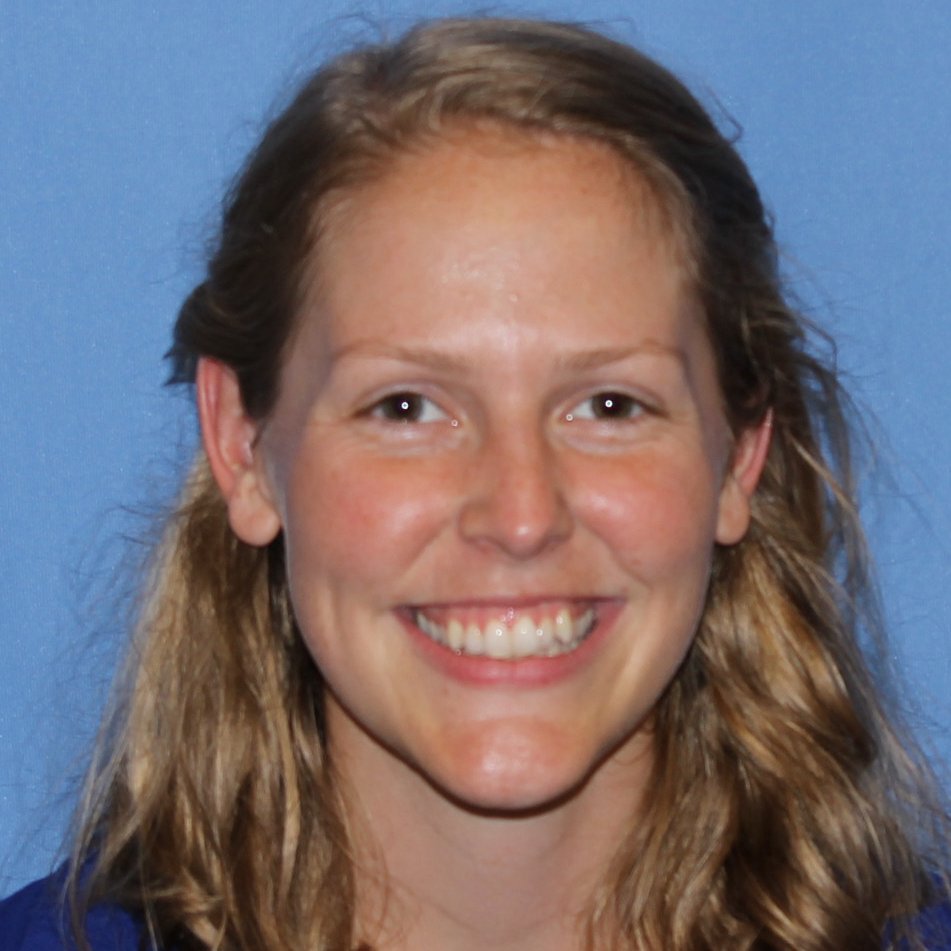
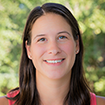

Suzanne Nezzar

Brandy Lynn Rapatski
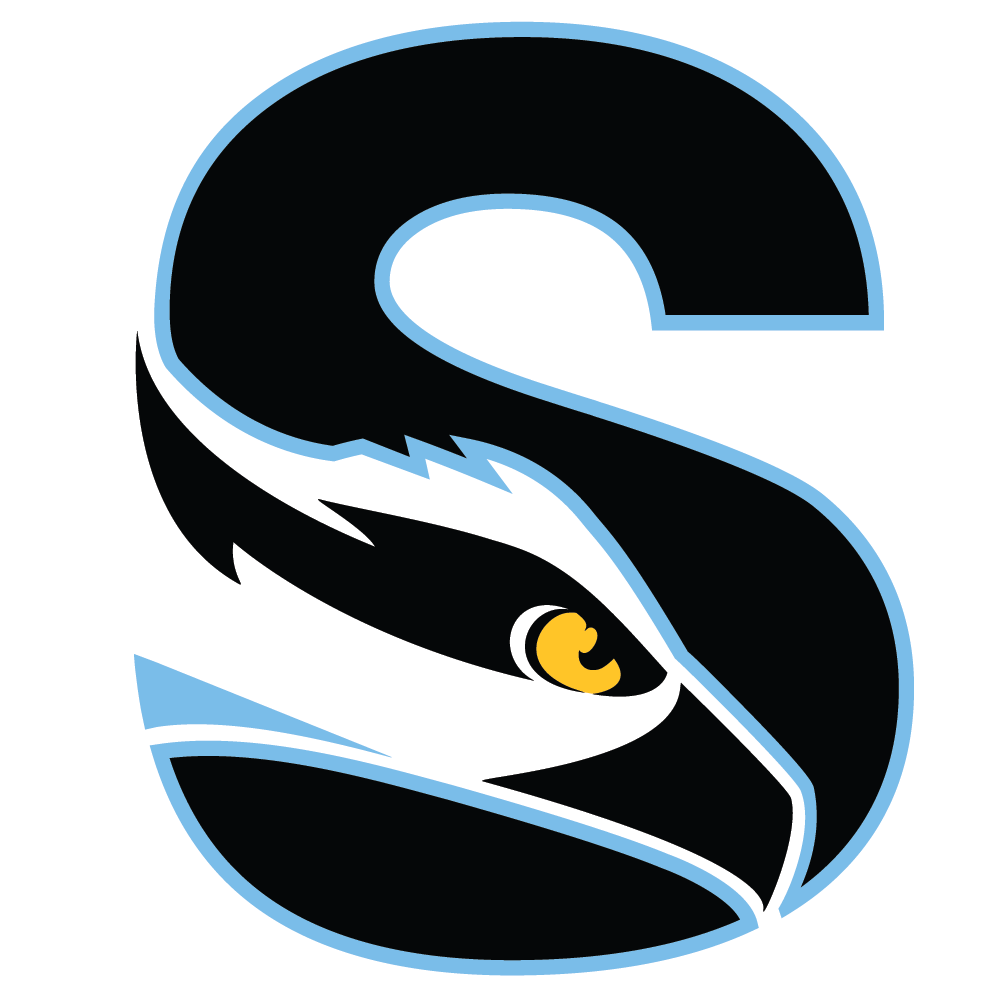
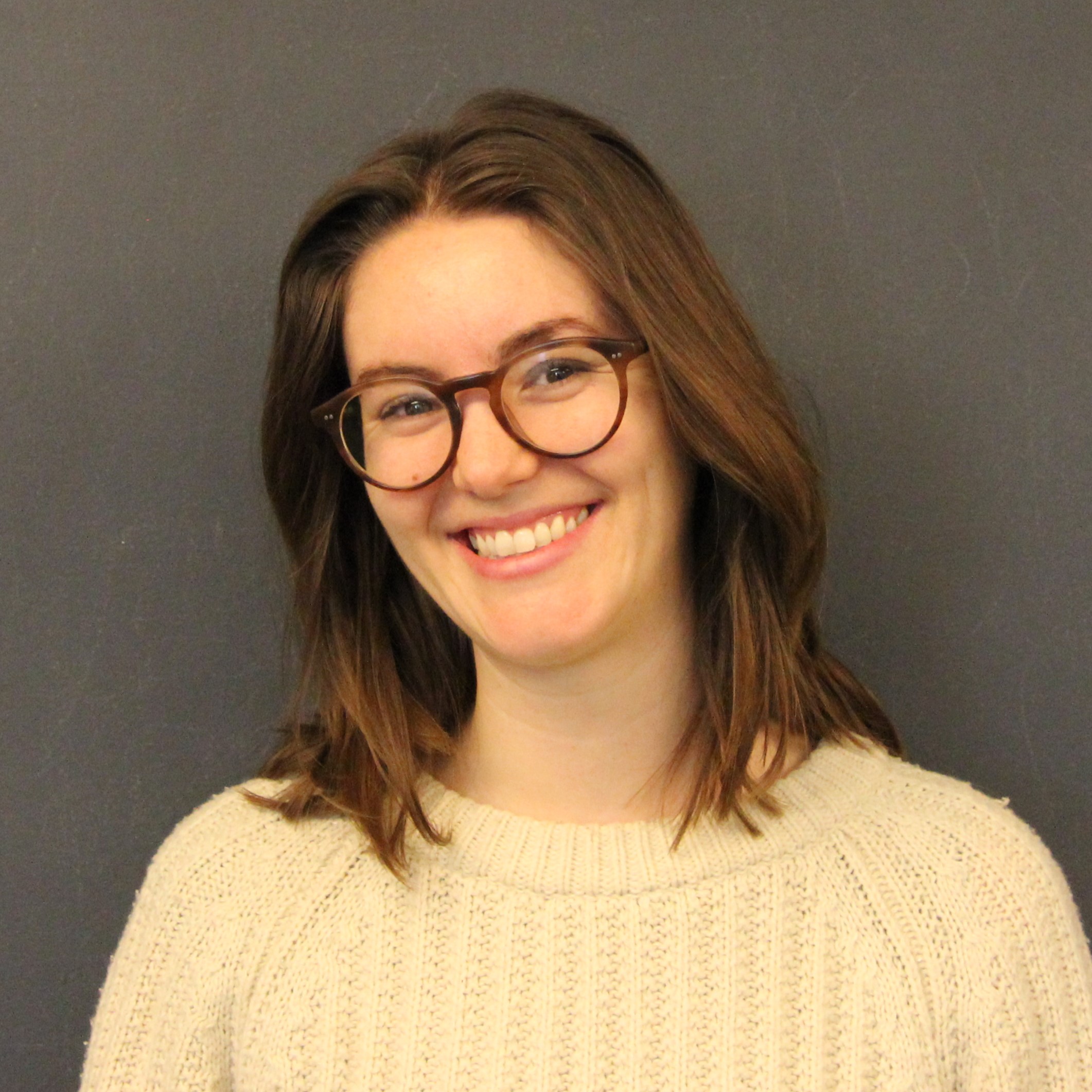
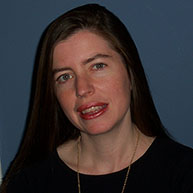








Opportunities
Some students may wish to take part in off-campus experiences where their knowledge of mathematics may be applied to “real-world” situations. Academic credit can be granted for such an experience, provided it contributes significantly to the student’s intellectual development. Credit will generally be contingent upon a comprehensive report to be submitted after the experience is completed. Seniors may wish to undertake some special project in mathematics for academic credit. This may consist of a thesis, seminar or some other project agreeable to the mathematics faculty. Specifics will be established on a case-by case basis.
The Math Club welcomes all Stockton students with an interest in mathematics. A typical meeting features a guest speaker to showcase career paths available in mathematics.
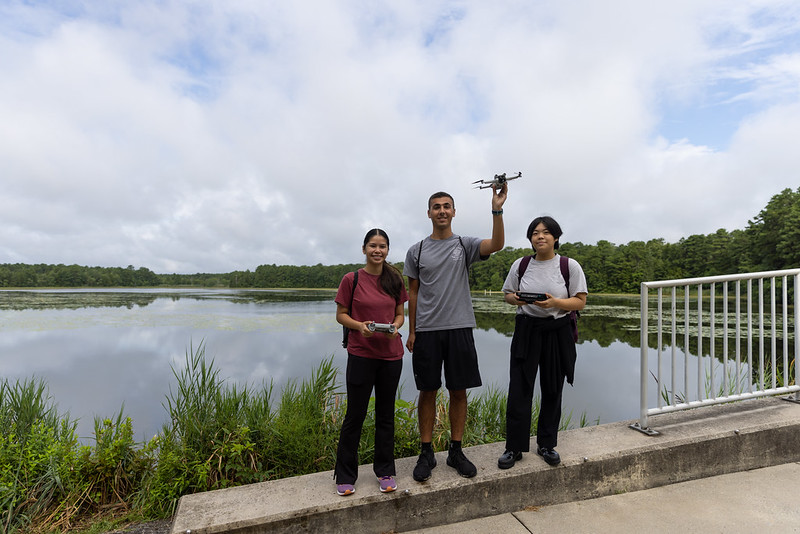
Careers
Students who successfully complete a degree program in mathematics may continue their education at the graduate level or pursue careers in secondary education, business, industry, actuarial science or federal/state government. Professional opportunities in actuarial science are excellent since the demand by insurance companies, consulting firms, and government agencies for qualified actuaries exceeds the available supply.
Sample List of Potential Careers
The Student Career Center is available to guide you through your career development journey - from CV writing, interview prep, or general guidance.
